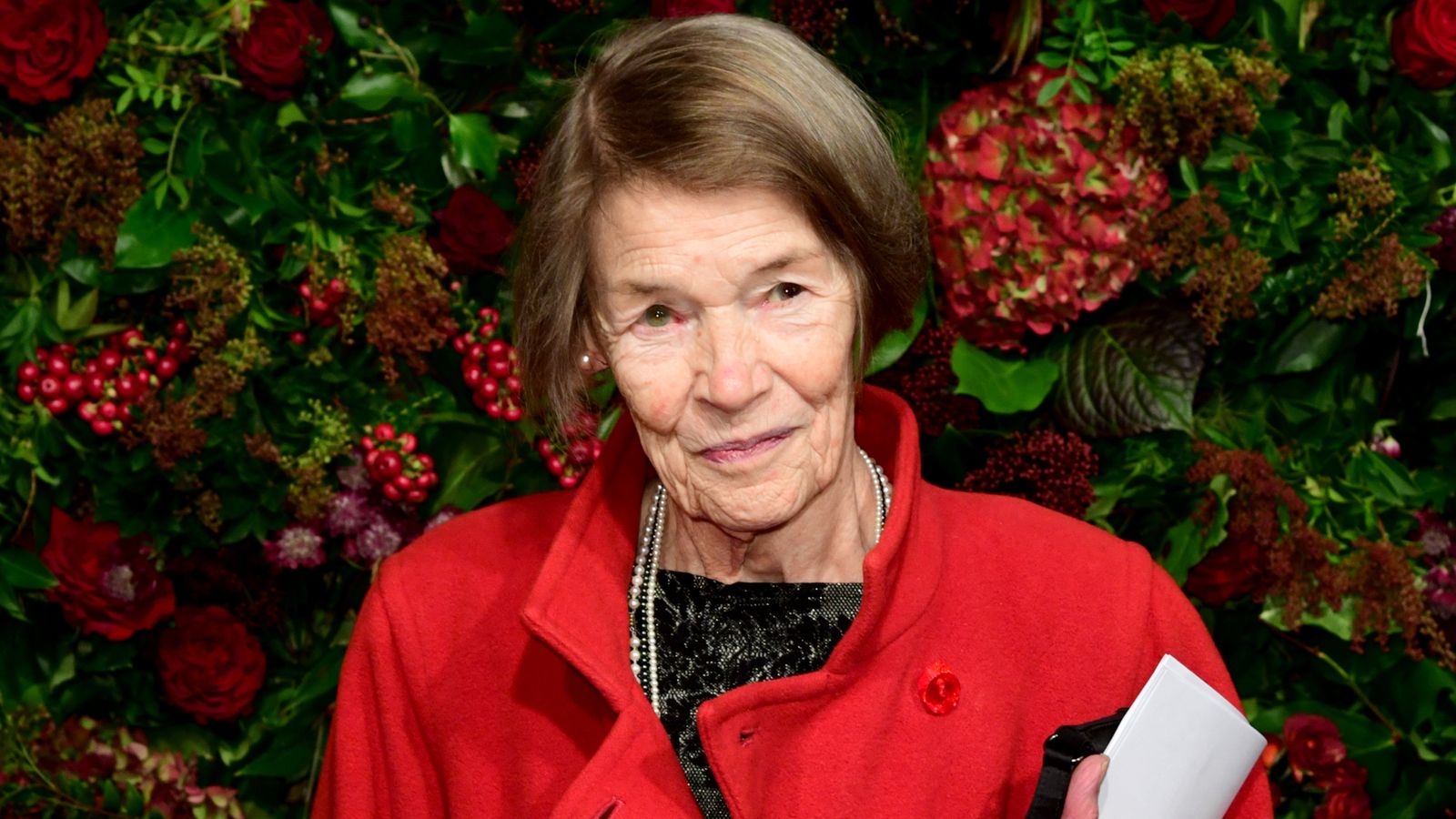Glenda Jackson, Oscar-winning actress and former Labour MP, dies aged 87

Glenda Jackson, the Oscar-winning actress and former Labour MP, has died at the age of 87.
In a statement, her agent Lionel Larner said: “Glenda Jackson, two-time Academy Award-winning actress and politician, died peacefully at her home in Blackheath, London, this morning after a brief illness with her family at her side.
“She recently completed filming The Great Escaper in which she co-starred with Michael Caine.”
Jackson won the Oscar for best actress in 1970 for her performance as a headstrong artist in director Ken Russell’s adaptation of DH Lawrence’s novel Women in Love, and again three years later for romantic comedy A Touch Of Class.
However, she chose not to attend the Hollywood ceremony on either occasion. Despite her successful career in entertainment – she also won two Emmy Awards and a Tony – she never had any interest in the social and glamorous aspects of the industry, and devoted herself to politics in the 1990s.
She also once said she would “probably” turn down a damehood if she were to be offered one, because “what does it actually mean?”
Jackson was elected as the Labour MP for Hampstead and Highgate in 1992 and served as a junior transport minister from 1997 to 1999 when Sir Tony Blair was prime minister.
However, a return to acting – and awards – came after she stood down as an MP at the 2015 general election. In 2019 she starred as a woman suffering from dementia in Elizabeth Is Missing, and won a TV BAFTA for best actress the following year. She also won critical acclaim for playing King Lear on stage.
Tulip Siddiq, Labour MP for what is now the Hampstead and Kilburn constituency, is among those paying tribute following Jackson’s death.
Advertisement
“Devastated to hear that my predecessor Glenda Jackson has died,” she wrote on Twitter. “A formidable politician, an amazing actress and a very supportive mentor to me. Hampstead and Kilburn will miss you Glenda.”
Downing Street described Jackson’s death as “extremely sad news” and said Prime Minister Rishi Sunak’s “thoughts will be with her friends and family at this time”.
Diane Abbott, who became a Labour MP in 1987, described Jackson as a “kind and extremely principled woman” in her tribute on social media.
Labour MP and shadow culture secretary Lucy Powell, who worked for and alongside Glenda Jackson, recalled the “incredibly kind” politician’s humour as she paid tribute.
“This is very sad news. In my early twenties I worked for Glenda, a decade later our MPs offices were next door,” she wrote on Twitter.
“She was always incredibly kind & supportive to me. I will also remember her cutting humour, general disdain at most things, all while smoking!”
Before her death, Jackson had been reunited with fellow double Oscar-winner Sir Michael Caine, who she last acted with in The Romantic Englishwoman in 1975.
Their upcoming film The Great Escaper is inspired by true events, telling the story of a Second World War veteran who escaped his care home in Hove, East Sussex, to attend a commemoration of the 70th anniversary of the D-Day landings in France.
Born in Birkenhead in 1936, Jackson said she only started acting after she failed her school certificate, leaving her with no option but to start working at the age of 16.
While working at her local Boots store, she joined a friend at the YMCA amateur dramatics society and went on to study at the Royal Academy of Dramatic Art (RADA). She wrote to the prestigious school and was offered a place after auditioning, but could not afford the fees.
A manager at Boots wrote to the county council at the time and they local authority paid for her, paving the way for rise to stardom.
Her big break came in 1964 when director Peter Brook chose Jackson to play Charlotte Corday in his stage production
of Marat/Sade, which was set in a lunatic asylum.
As well as her Oscar-winning performances, Jackson also played Egyptian queen Cleopatra in 1971 for an episode of The Morecambe & Wise Show with comedy duo Eric Morecambe and Ernie Wise.
Other notable film roles included John Schlesinger’s Sunday Bloody Sunday with Peter Finch, and she also portrayed Queen Elizabeth in Mary, Queen of Scots opposite Vanessa Redgrave in the titular role.
After more than three decades on stage and film, Jackson took her no-nonsense, straight-talking style into politics, angered by the damage she believed was being inflicted on the working classes by former Conservative prime minister Margaret Thatcher.
“We must work for the poor, the homeless, the unemployed, the frail, the sick,” she told supporters as she won her seat in parliament in 1992.
After Labour won power in May 1997, she held the position of junior transport minister for two years.
Though she remained in parliament, securing re-election in 2001, 2005 and 2010, she became
increasingly out of step with Tony Blair’s more centrist approach and decided in 2011 not to contest the following election.
Jackson was married from 1958 to 1976 to stage director Roy Hodges. She is survived by their son, Daniel Hodges, who was born in 1969.